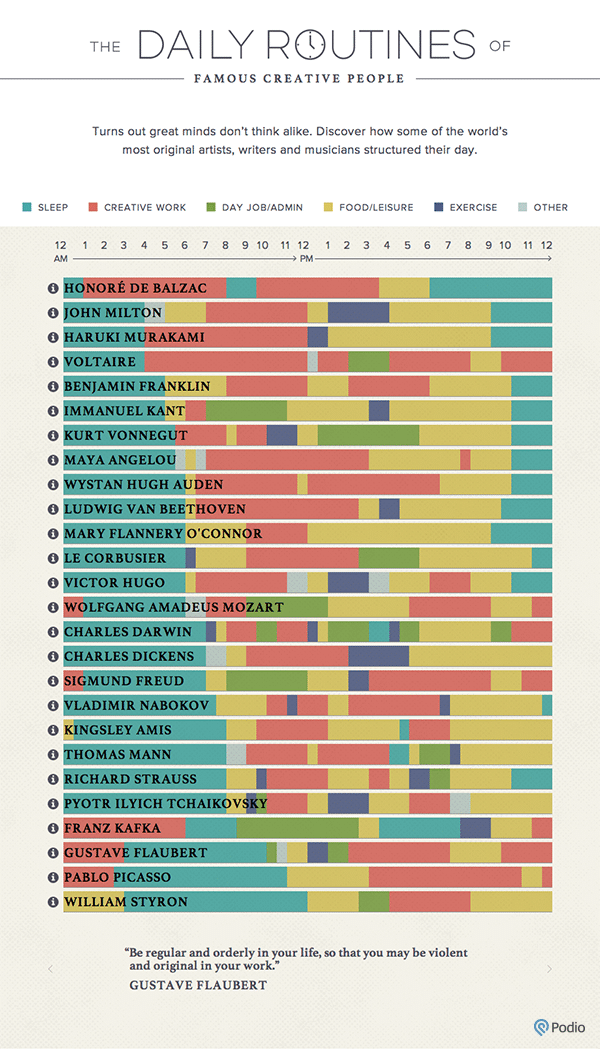The BtoB Summit is an annual event that brings together numerous B2B business decision-makers around the challenges of marketing & communication, business, management and human resources.
It was here that I had the pleasure of leading a “Think Talk” on changes in the role of the marketer and technologies. We wanted to share this discussion in an article following the positive feedback we received from the conference. Here’s a transcript of the conference, as if you were there!
Our question: Marketers, where is our value in an automated world?
Particularly during conferences, we hear numerous different terms relating to the latest technologies: predictive, intelligent, machine learning, AI (Artificial Intelligence)… every marketer’s dream!
Yet, why do I still struggle all the time with CSV-file imports? Why do I still have so many problems with upper and lower-case letters in my databases?
I have the impression that automation can offer incredibly sexy solutions, while at other times create annoying little problems that come back again and again…
So, the Shakespearean question concerning our place in this automated world now becomes entirely legitimate.
A marketer is above all someone who must:
- understand their market, their environment
- understand their target market
This is the point where all the people launching marketing actions without having worked on their personas realise that they have skipped the first step… 😉
But that’s not all! Today, the tactics of inbound marketing and content creation require that the marketer be creative!
But be careful. It’s not the kind of creativity of artists, who you might ask “draw me a sheep” and they show you a logo!
No, we’re talking about the creativity involved in developing marketing campaigns and incredible content, with the aim of generating prospects.
And what if we were interested in the typical day of creative people like Balzac or Picasso? (Thank you Podio for this infographic)
What jumped out at me?
These people generally gave very little time to their day job/admin (the green part).
Well, obviously because some of them had servants! But now we have technology… 😉
On the other hand, we now have to question how much time we spend each week reading and managing emails, or even how much time we spend in meetings.
Meetings! As a software developer, we’re constantly being challenged by our leads on the solution’s return on investment. And this is normal when you have an invoice to pay.
However, no one ever challenges internal meetings! We often see two-hour meetings with five people around a table having a brainstorming session. This type of meeting costs approximately £500. But does the meeting even generate that much?
In fact, to be creative you need to know how to set aside time to be so, meaning, to be organised. So yes, of course technology is important since we use project management and team collaboration tools (Asana, Trello, Freedcamp etc.).
However, when it’s about personal organisation, I prefer coming back to the simple things: a notepad.
But not just any! This is a “productivity planner”: I want to talk about this because it’s a good allegory for marketing. I paid £20 for a notepad just because it is broken down into tasks and it helps me to be organised. In a way, it’s the iPad of notepads for which you pay 250 times the price of the paper!
Coming back to basics to organise yourself and prioritise is essential because, as marketers, we love trying out and accumulating tools.
But the same thing always happens with marketers: I’ve been able to test a dashboard creation tool. So I created lots of dashboards, with all kinds of statistics! Naturally, there are lots that don’t really do anything.
Take another example: a short while ago, LinkedIn gave marketers the option to invite people in their network to follow a company page.
The result? Some smart people created a code and spammed their entire database. It was carnage. LinkedIn have since removed this feature (and that’s a good thing).
We can’t control ourselves! Whatever pencil we’re given, it always ends like this:
Take marketing automation: marketers will create all kinds of engagement scenarios. So, if a business sells five different products to four different personas, we very quickly get a picture like that of these children.
But in the end, is this really the fault of the marketer?
At Plezi we also offer workflows (engagement scenarios): they’re highly relevant for taking a prospect from A to B. We’re able as marketers to offer the next piece of content or the next message following a specific action.
For example, you listen to a talk and they tell you about an article, a workflow is created which will push the content mentioned so the lead can look further into the subject.
The problem? It’s when you seek to create workflows for the entire buyer journey.
Each lead is unique.
Creating workflows, this comes back to making assumptions, which by definition will be largely false. This amounts to trying to predict the prospects’ buyer journey.
This is impossible. Here, robots are better than we are at prediction and adapting to each lead.
So, what’s our value as marketers? It’s about finding the right email subject, the right message. It’s about knowing how to tell a story, about making sure that each interaction with the lead is remarkable.
To end, here are two figures that demonstrate the need to focus on our value added, and to add automation where we can.
216.
This is the number of leads generated in one day following the publication of an article on blogdumoderator.com presenting our new tool Hack My Personas (if you haven’t yet tested it, it’s not too late).
The tool is a compendium of automated robots. It does what a human cannot do, in five minutes!
Our value as marketers has been to design the tool, and to create the entire user experience.
However, without marketing automation, it would have been impossible to support this rise: obviously there will have been people who were simply intrigued, students or others that are not in the target market.
Without marketing automation, salespeople would have to sort through these. This represents about five days of work.
While here, Plezi will sort through and send only “warm” leads to salespeople.
And what’s the second figure? 910.
Numerous directors don’t recognise themselves in this type of example and tell us: “You do inbound, you have a simple sales cycle. For us it’s complicated. We attend large trade shows to generate prospects, and then the sales staff have long sales cycles where they have to convince all the members of the management committee…”
Guess what? That goes for us too.
They key moment of the year arrives with E-Marketing Paris. Every salesperson is on a war footing. But there are certain actions that we’re not very good at, notably that of making initial contact as soon as possible after the show.
All businesses send their emails between 24 hours and seven days later. We’ve decided to do it differently, by just saying thank you to people that have visited us on the booth… 30 minutes after they leave.
Just thank you. No sales message.
The result? Visitors come back to our booth and ask us how we did it! We demonstrated the benefits of the solution in a tiny little message. We established human contact through the help of an automated message. Here are the details of our best practices for a trade show.
These two examples clearly demonstrate the place of the marketer and the place of technology. You can’t have one without the other.
To conclude, I would like to tell you why this talk. Because some will say: you sell marketing automation, so why critique workflows?
As we have said, the scenario can be a fantastic tool, but not for plotting the entire buyer journey.
At Plezi, we have developed “smart campaigns”: depending on what the prospect does online, the tool detects their buying phase, and their interests, and sends them the most appropriate content. No need to create workflows because Plezi creates one for each lead. If you would like to find out more, the best thing to do is talk to one of our experts….Have a great day.





